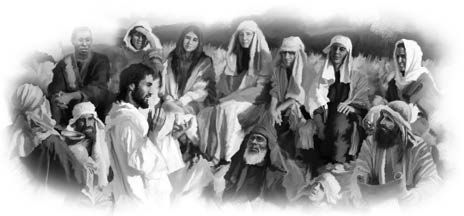The other day, my husband and I traveled to the city to buy materials for the chapel that we are constructing in a village in India. We also needed supplies for the student volunteers who were helping us share the gospel in the area.
My husband bought electrical equipment for the construction project, and I found 15 guitars for the volunteers and 100 notebooks for their classes. It was 9:00 p.m. when we started the three-hour drive back to the village. As my husband drove, we chatted and listened to music.
About a half hour before reaching home, a strange sound startled us.
Dadadadada. Pang!
The noise was quite loud. We were not sure what had happened. My husband stopped the car and stepped outside to investigate. A tire was flat.
When we saw the flat tire, we looked each other and laughed loudly for some time. “How many times have we had a flat tire like this?” my husband asked.
“Well, let me count,” I said. “If I include the bicycle, then it must have happened many, many times. Our life is really not boring, darling.”
We didn’t have a spare tire.
Stranded in the countryside in the middle of the night, we called Pastor Abishek for help. Music played softly in the disabled car as my husband calmly sat in the driver’s seat, waiting for the pastor. The car didn’t have a working air conditioner, and we soon began to sweat. I chased a mosquito around the car.
Suddenly lightning flashed across the dark sky, and thunder rolled. Raindrops splattered on the windows. “Honey,” I said. “This situation is quite unfortunate but funny. Life isn’t boring here in India.”
After some time, Pastor Abishek arrived to pick us up. We moved the 15 guitars, 100 notebooks, and electrical equipment into his small truck.
As we drove toward home, the pastor surprised us.
“When you called me, my cell phone was on silent mode,” he said. “Even the vibration function was turned off so I could sleep. I don’t know how it happened that I woke up at midnight and looked at my phone at the very moment that you called. I normally sleep soundly the whole night through.”
Our hearts trembled as he spoke. God had woken him in the deep of night and impressed him to check his phone. God knew that two of His children were longing for home.
By now it was raining heavily. Lightning illuminated the road, and thunder roared. But we were happy because we were going home. Thank you, Lord! Thank you, Angel Abishek!
Names have been changed to protect the work of volunteers serving in a sensitive part of the world.

